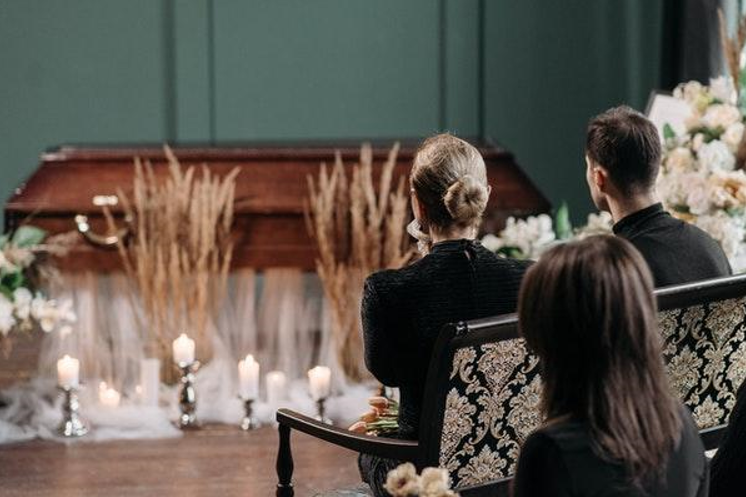When someone dies because of another party’s negligence, the deceased’s estate has the right to initiate a wrongful death case in Indiana courts. For the estate to collect damages for wrongful death, it would be best for the action to occur as soon as possible. Indiana’s statute of limitations in such cases is two years from the date of death.
The estate will have to file the wrongful death claim in the county that the deceased resided in before they died. Next, they will have to provide information regarding the deceased. It includes their name, address, and other information. In addition, they must describe if there was a spouse or children left behind or if there are any other family members of the deceased who might collect damages for their loss.
Who Can Sue in a Wrongful Death Case in Indiana?
A surviving family member who has been wrongfully deprived of their spouse’s companionship, services, and support may be entitled to damages. The surviving family members may also ask for compensation for their mental anguish and financial loss. In addition, they could ask for punitive damages if the defendant’s outrageous act or intentional act of violence caused their loved one’s demise.
Let’s see a short description of the parties who could bring a wrongful death lawsuit in Indiana with the help of specialized Indianapolis wrongful death lawyers. Wrongful death is a complex legal field. Therefore, if you want to succeed, it is best to contact a law firm with expertise and a proven reputation in such cases. Nevertheless, before you hire an attorney, let’s see if you are among the ones who have the grounds to file a claim or a lawsuit.
- The deceased person’s representative can sue in a wrongful death case in Indiana. The personal representative would be able to file a wrongful death claim to collect damages for the surviving family members who have lost a loved one.
- A surviving spouse can sue in a wrongful death case in Indiana. The spouse can collect damages for their loss by suing the person responsible for causing their loved one’s death.
- The deceased’s family (parents) may also sue in a wrongful death case if they are not legally barred from suing.
Even though beneficiaries can join in a civil suit for wrongful death, they cannot collect damages from the estate unless they have legal standing under Indiana law. For instance, in many workplace-related wrongful death cases, the deceased’s employer might have immunity from being sued under the common law by the dead employee’s spouse or dependents.
A Few Words on Wrongful Death Damages in Indiana
Indiana’s general wrongful death statute allows the deceased’s survivors to be compensated for medical bills, funeral and burial expenses, lost wages, lost benefits and financial support, loss of love, companionship, parental guidance, attorney fees, and more.
In addition, if the deceased is an unmarried adult with no dependents, Indiana law allows survivors to claim the same damages provided by the general statute, plus loss of companionship (capped at $300,000).
If you go to court, you should know what to expect regarding Indiana’s caps on some damages. For instance, if your loved one died because medical malpractice, the doctor will have to pay a maximum of $500,000, while the PCF covers the rest – up to $1.8 million, which is the current medical malpractice damage cap in Indiana.
Suppose a governmental/state entity caused the death of your loved one. In that case, your damages are capped at around $700,000.
Bottom Line
Most Indiana wrongful death cases find their resolution at the negotiation table and not in court. However, all parties must prepare to go to trial, especially if the case involves catastrophic accidents, workplace injuries, medical malpractice, the death of a child or a young adult, etc. To ensure the law works for your benefit, hire a reputable law firm in your state.
The death of a loved one is a tragedy, and managing a lawsuit while mourning can be too much for anyone to bear. For this reason, it is best to have legal representation to deal with everything from paperwork to the defendant’s attempts to shift the blame on the victim or avoid paying what they must.
